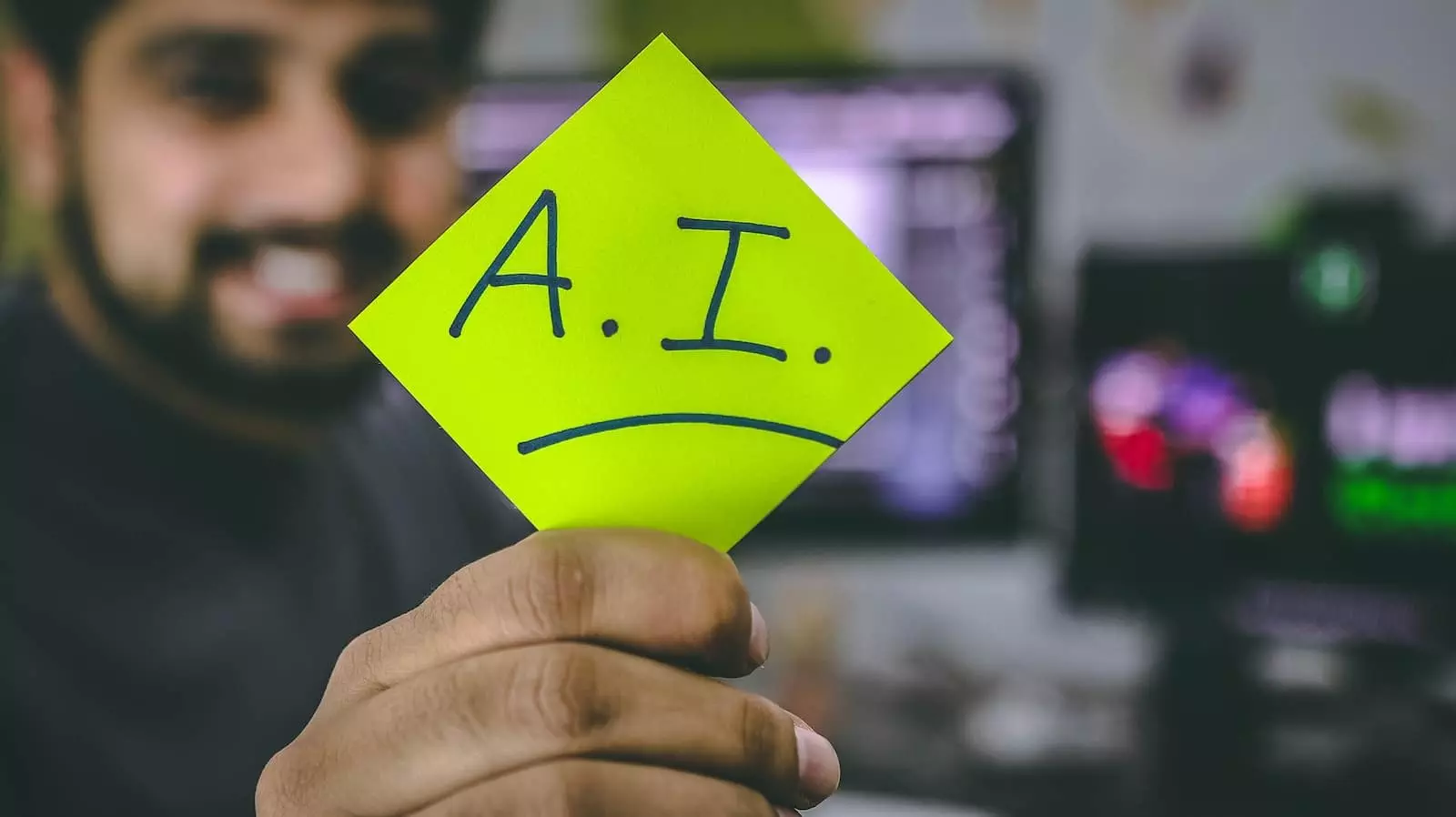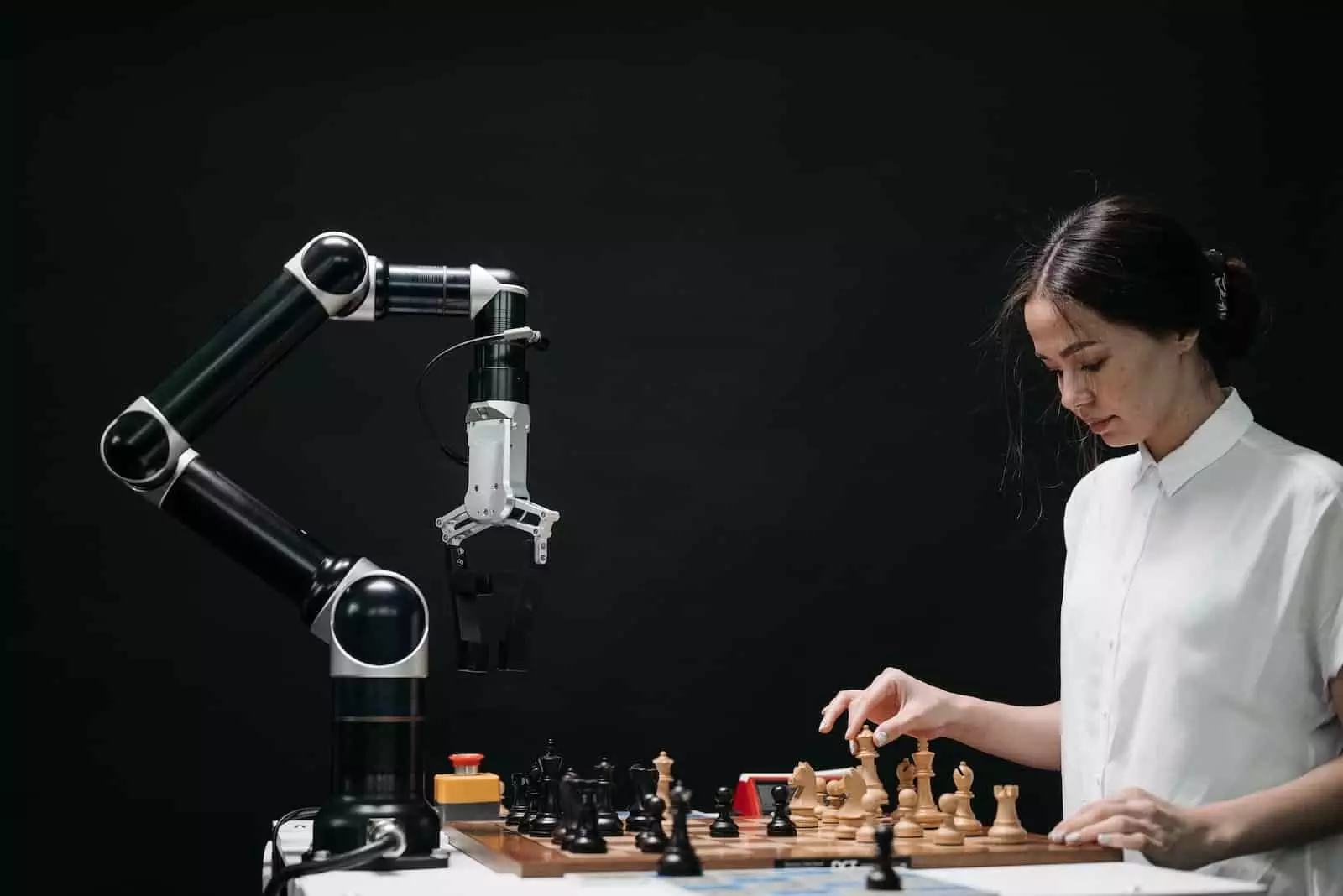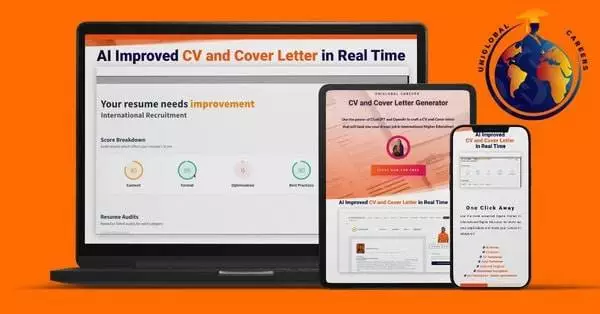In today’s rapidly advancing digital age, artificial intelligence (AI) has become a powerful force transforming various industries. One sector that has benefited greatly from AI is international education. AI has revolutionized how education is delivered, enabling personalized learning experiences, streamlining administrative tasks, and opening up new opportunities for international educators. In this article, we will explore the role of AI in international education and how it can help individuals score a job in this dynamic field.
Understanding the Role of AI in International Education
The intersection of AI and education has paved the way for numerous advancements in the field. AI refers to the simulation of human intelligence in machines that are programmed to think and learn like humans. When applied to education, AI can enhance teaching methods, adapt to individual learning styles, and provide valuable insights to educators, administrators, and policymakers.
AI is transforming the education sector by automating administrative tasks, making personalized recommendations for students, and improving the overall learning experience. It enables educators to focus more on student interactions and providing tailored support, rather than spending excessive time on administrative duties.
With AI’s ability to analyze vast amounts of data, it has become an invaluable tool in optimizing learning outcomes. By identifying patterns in students’ learning behaviors and knowledge gaps, AI algorithms can recommend personalized learning materials. This tailored approach ensures that each student receives targeted support, leading to improved academic performance. 
The Intersection of AI and Education
The integration of AI into education has transformed traditional teaching methods, making education more accessible, engaging, and effective. One area where AI has made significant strides is in adaptive learning platforms. These platforms utilize AI algorithms to assess students’ strengths and weaknesses, tailor learning materials accordingly, and provide real-time feedback. This customization helps students learn at their own pace, ensuring a more comprehensive understanding of key concepts.
Furthermore, AI is streamlining administrative tasks in education institutions. AI-powered systems can automate admissions processes, manage student records, and generate analytical reports, freeing up time for educators to focus on instructional tasks. This increased efficiency allows institutions to better allocate resources and improve the overall quality of education.
Moreover, AI has the potential to revolutionize the assessment and evaluation process in education. Traditional methods of assessment often rely on standardized tests, which may not accurately gauge a student’s true abilities. AI can provide alternative methods of assessment, such as analyzing a student’s problem-solving skills or creativity through interactive simulations and projects. This holistic approach to assessment ensures a more comprehensive evaluation of a student’s capabilities.
How AI is Transforming the Education Sector
AI’s impact on the education sector extends beyond the classroom. It has the potential to bridge the gap in access to education globally. Through online platforms and AI-powered tools, students in remote or underserved areas can have access to quality education. AI can provide personalized learning experiences, adaptive curriculum, and virtual tutoring, ensuring that no student is left behind.
Additionally, AI can assist educators in continuously improving their teaching methods. By analyzing data on student performance, AI algorithms can identify areas where educators may need additional training or support. This feedback loop enables educators to enhance their instructional strategies, leading to more effective teaching and improved student outcomes.
Furthermore, AI can contribute to the development of lifelong learning skills. As the job market evolves with technological advancements, AI can help individuals acquire new skills and adapt to changing industries. AI-powered platforms can provide personalized recommendations for professional development, identify skills gaps, and offer tailored learning pathways to enhance employability.
In conclusion, the integration of AI in international education holds immense potential. From personalized learning experiences to streamlining administrative tasks, AI is reshaping the education sector. With continued advancements in AI technology, we can expect further improvements in teaching methods, accessibility, and overall learning outcomes.
Preparing for a Career in International Education with AI
As AI continues to reshape the education landscape, individuals aspiring to work in international education can leverage AI to enhance their skills and gain a competitive edge in the job market.
In today’s globalized world, the demand for professionals with expertise in international education is on the rise. With the integration of AI into the education sector, there is a growing need for individuals who can effectively navigate the intersection of technology and cross-cultural learning.
Necessary Skills for Leveraging AI in Education
While AI is transforming the education sector, it’s crucial for professionals to develop the necessary skills to effectively utilize AI tools and technologies. Some essential skills for leveraging AI in education include:
-
- Data analysis and interpretation
Professionals in international education need to be able to analyze and interpret data to identify trends and patterns. By harnessing the power of AI, they can gain valuable insights into student performance, learning outcomes, and educational needs.
-
- Programming and coding
Having a solid foundation in programming and coding is becoming increasingly important in the field of international education. AI-powered educational platforms and tools often require customization and adaptation, which requires proficiency in programming languages.
-
- Instructional design
Effective instructional design is crucial for creating engaging and interactive learning experiences. With AI, professionals can leverage adaptive learning algorithms and personalized content delivery to cater to the diverse needs of international students.
-
- Curriculum development
AI can revolutionize curriculum development by enabling dynamic and responsive educational content. Professionals with expertise in curriculum development can use AI to create customized learning pathways that align with the unique cultural and educational backgrounds of international students.
-
- Knowledge of AI technologies and their applications in education
Staying updated with the latest AI technologies and their applications in education is essential for professionals in international education. This knowledge enables them to identify innovative solutions, implement effective strategies, and drive positive change in the field.
By acquiring these skills, individuals can position themselves as valuable assets to educational institutions seeking to implement AI-driven solutions.
Training Programs and Courses for AI in Education
Several training programs and courses are available for individuals interested in harnessing the power of AI in education. These programs provide comprehensive training on AI technologies, their applications in education, and practical hands-on experience. Online platforms, universities, and professional organizations offer a range of courses, certifications, and degree programs that cater to different interests and career goals.
By investing time and effort in acquiring AI-related skills and knowledge, individuals can prepare themselves for exciting roles in international education that utilize AI technologies.
With the rapid advancement of AI, the future of international education holds immense potential. Professionals who embrace AI and adapt to its evolving landscape will be well-positioned to make a significant impact on the global education community.
Job Hunting in the Age of AI
As AI continues to advance, it is revolutionizing the job search process in countless ways. Job seekers need to adapt to this changing landscape in order to stand out and secure opportunities in international education.
The rise of AI has brought about significant changes in the job search process. AI-powered platforms and tools are reshaping the way job seekers identify suitable positions, making the process more efficient and effective. These platforms utilize sophisticated AI algorithms that match candidates’ skills, experience, and preferences with job postings, increasing the likelihood of finding relevant opportunities.
One of the most notable ways AI is transforming the job search process is through resume screening. Traditionally, recruiters had to manually review countless resumes, a time-consuming and often overwhelming task. However, with the advent of AI, this process has become more streamlined. AI algorithms have the ability to analyze large volumes of resumes, quickly identifying keywords, skills, and qualifications that match the requirements of a job posting. This allows recruiters to shortlist candidates more effectively, saving time and resources.
For job seekers, this means that optimizing their resumes to pass AI-driven screening processes is crucial. Incorporating relevant keywords and highlighting their skills and experiences can significantly increase the chances of their resumes being noticed by AI algorithms. Additionally, job seekers can take advantage of AI-powered tools such as UniGlobal’s AI and CV Cover Letter Assistant to enhance their applications.
Using AI Tools for Job Search and Application
AI tools have become invaluable resources for job seekers looking to streamline their job search and enhance their applications. AI-powered chatbots, for example, can provide personalized career guidance, recommend suitable job openings, and even assist with resume preparation. These chatbots utilize AI algorithms to understand the needs and preferences of job seekers, offering tailored advice and support.
Furthermore, AI platforms can provide valuable insights into job market trends. By analyzing vast amounts of data, these platforms can offer job seekers information about in-demand skills, emerging industries, and salary trends. Armed with this knowledge, individuals can make informed decisions about their career paths, ensuring they are well-positioned for success.
When it comes to applying for jobs, AI-powered tools can be a game-changer. These tools can help job seekers tailor their resumes and cover letters to match specific job requirements, increasing the chances of securing interviews. By analyzing job postings and industry trends, AI algorithms can suggest the most relevant keywords and phrases to include in application materials, ensuring they stand out to both AI algorithms and human recruiters.
Additionally, AI tools can provide interview preparation resources. By analyzing common interview questions and best practices, these tools can offer insights that help candidates confidently navigate the interview process. From providing tips on how to answer difficult questions to offering guidance on body language and presentation skills, AI-powered interview preparation tools can help job seekers put their best foot forward.
In conclusion, the age of AI has brought about significant changes in the job search process. Job seekers must adapt to these changes by utilizing AI tools and optimizing their application materials to stand out in a highly competitive market. By embracing the power of AI, job seekers can enhance their chances of securing opportunities in international education and beyond.
AI Applications in International Education Jobs
The integration of AI into international education jobs has opened up a world of possibilities and transformed traditional roles. With the advancements in AI technology, teaching, learning, and administrative processes in international education have seen significant improvements.
AI in Teaching and Learning
AI is enhancing teaching and learning processes by providing personalized and adaptive learning experiences. Machine learning algorithms can analyze students’ performance data to identify areas where they might need additional support and deliver targeted interventions. This individualized approach helps students to learn at their own pace and focus on areas that require more attention.
Intelligent tutoring systems have also emerged as a valuable tool in international education. These systems can mimic human tutors, providing real-time feedback and guidance to students. Through natural language processing, AI-powered tutoring systems can understand student queries and provide accurate responses. This personalized support not only helps students to grasp concepts better but also boosts their confidence in their learning journey.
Additionally, AI-powered language translation tools are breaking down language barriers in international education. These tools enable educators to deliver content in multiple languages, making education more accessible to diverse student populations. Students who are non-native English speakers can now engage with educational materials in their native language, facilitating better understanding and knowledge retention.
AI in Education Administration
AI is also transforming administrative roles in international education. Machine learning algorithms can automate administrative tasks such as admissions, scheduling, and record-keeping, reducing the burden on administrative personnel. This automation allows institutions to allocate resources more efficiently and improve operational efficiency.
Moreover, AI-powered chatbots have become increasingly popular in the field of education administration. These chatbots can handle inquiries from prospective students, providing them with information about courses, admissions requirements, and campus facilities. By automating these interactions, institutions can provide instant responses to student queries, improving the overall experience for both students and administrative staff.
Furthermore, AI algorithms can analyze large amounts of data to identify patterns and trends in student enrollment and performance. This data-driven approach allows institutions to make informed decisions and develop targeted strategies for student recruitment and retention. By understanding student needs and preferences, institutions can tailor their programs and services to better meet the demands of their student population.
In conclusion, the integration of AI technology into international education jobs has revolutionized teaching, learning, and administrative processes. From personalized learning experiences to efficient administrative tasks, AI has become an indispensable tool in the field of international education, unlocking new opportunities and improving outcomes for students and institutions alike.
Future Prospects of AI in International Education
The future of AI in international education looks promising, with numerous emerging trends and potential impacts on education jobs.
Emerging Trends in AI and Education
As AI technology continues to evolve, new trends are emerging in the field of education. Virtual reality (VR) and augmented reality (AR) are being integrated with AI to create immersive learning experiences. Adaptive learning platforms are becoming more sophisticated, utilizing AI algorithms to analyze learners’ emotions and adjust instructional approaches accordingly. Natural language processing is developing further, allowing AI-powered chatbots to engage in meaningful conversations with students and provide personalized support.
The Potential Impact of AI on Future Education Jobs
While some fear that AI may replace certain jobs in education, it is more likely that AI will augment existing roles and create new opportunities. Teachers will continue to play a crucial role in facilitating personalized learning experiences and providing invaluable guidance to students. However, with AI handling administrative tasks, educators will have more time to focus on individual student needs and foster collaborative and innovative learning environments. Additionally, AI will create new roles such as AI education specialists and curriculum developers.
As the field of international education continues to evolve, embracing AI and employing innovative approaches will be vital for educators and professionals seeking to excel in their careers.
In conclusion, AI is revolutionizing the field of international education, providing personalized learning experiences, streamlining administrative tasks, and opening up new opportunities for educators. By understanding the role of AI in education, acquiring the necessary skills, utilizing AI tools for job search and application, and leveraging AI applications in international education jobs, individuals can position themselves for success in the dynamic world of international education.


